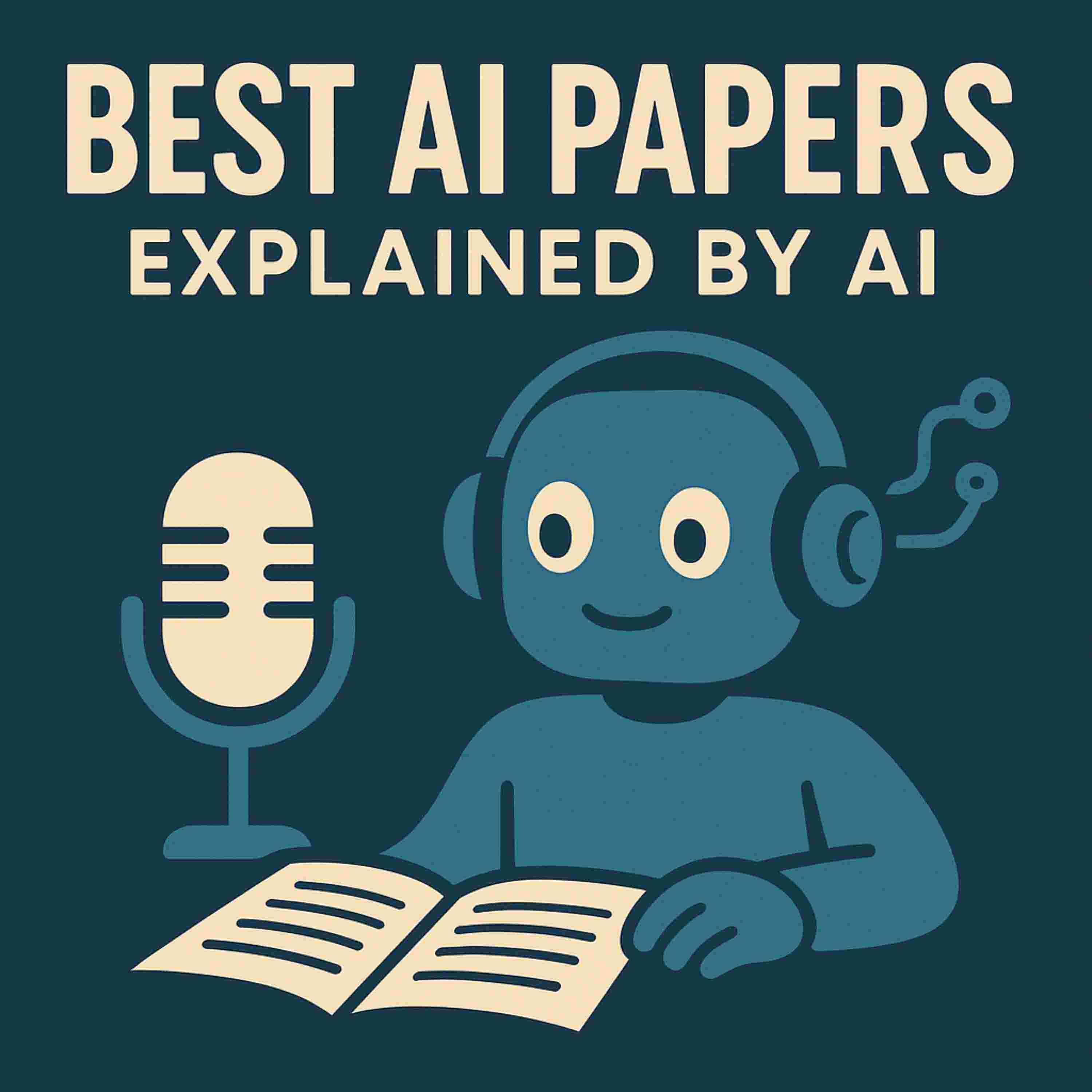

This paper introduces Agentic Economic Modeling (AEM), a rigorous framework proposed by superstar social scientists that leverages Large Language Models (LLMs) to reliably simulate economic decisions and generate counterfactual data for econometric inference. The core innovation is a three-stage pipeline—Generation, Correction, and Inference—designed to overcome the systematic biases found in raw LLM outputs by anchoring them to small samples of real-world human data. Specifically, AEM employs a bias-correction mapping and a mixture-of-personas approach to align synthetic choices with empirical evidence, enabling accurate estimation of economic quantities like demand elasticities and treatment effects. The authors validate AEM's effectiveness in two settings: a large-scale conjoint study and a regional field experiment, demonstrating that the method significantly improves estimation accuracy and can reduce the scale and duration required for expensive Randomized Control Trials (RCTs). The results show that the bias-correction mixture model is particularly effective, demonstrating its ability to generalize across regions and time periods.